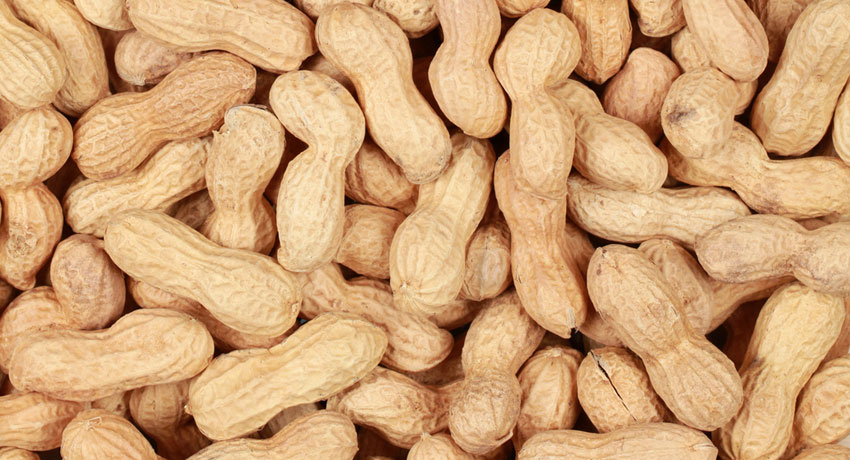A New Treatment For Peanut Allergies

Peanut image via shutterstock
A new study conducted by researchers from Harvard Medical School and Boston Children’s Hospital’s Division of Allergy and Immunology has discovered a treatment method for peanut allergies. Based on a previously successful study centering around milk allergies, this small pilot study combined the process of desensitization with a powerful anti-allergy medication to build up patients’ tolerance to peanuts and therefore allow them to be exposed without suffering major allergic reactions.
Desensitization works much like multi-shot vaccines—a patient is exposed to minuscule doses of an allergen, not enough to cause a reaction, in a controlled medical environment. Slowly, the dose of the allergen is increased and the patients’ body builds up a tolerance and eventually learns to accept the allergen without a reaction.
Because food allergies are so severe, almost 30 percent of patients who attempt desensitization for food allergies cannot complete the process due to too-frequent reactions. To combat this, researchers of this study decided to first treat patients with an anti-allergy medication that suppresses the IgE antibodies that cause allergic reactions.
After 12 weeks of receiving this medication via monthly or bi-monthly injections, patients began desensitization. At the beginning of a visit, a patient’s first dose was 0.1 milligram of ground peanuts. This was gradually increased every 30 minutes for six hours. After six hours, each patient had consumed the equivalent of 2 and a half peanuts—a dose that would have normally triggered a severe reaction in most patients if they hadn’t been given the anti-allergy medication first. Most patients only developed a mild itch.
Dr. Dale Umetsu of Boston Children’s Hospital’s Division of Allergy and Immunology as lead author of the study, said in a report:
“The two-peanut milestone would be enough to protect them from trace exposure, where the child eats something that doesn’t have peanuts listed as an ingredient, but has faint elements if it hidden inside.”
After two months of regular desensitization treatments, patients were consuming a total of ten whole peanuts with only mid reactions. By the end of the year-long study, twelve out of thirteen patients could tolerate more than 20 peanuts a day without needing any other medication besides the occasional antihistamine.
This treatment does not interfere with the patients’ bodies’ production of the antibodies that cause their allergies, but they are producing them in lower amounts. In order to ensure that these levels stay low to prolong the effect of the treatment, patients must consume trace amounts of peanuts every day.
Dr. Rima Rachid, of Harvard Medical School and co-author of the study, said in a report:
“I had one mother recently tell me that her daughter is getting tired of eating peanut butter cups and peanut M&M’s every day. But going from a potentially deadly peanut allergy to being sick of candy is a pretty big step forward.”
The authors of the study hope to conduct another, larger study in the future that involves other hospitals in Chicago, Pennsylvania, and Stanford.


